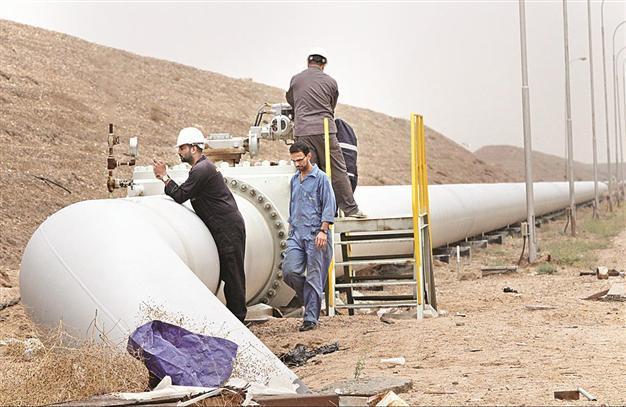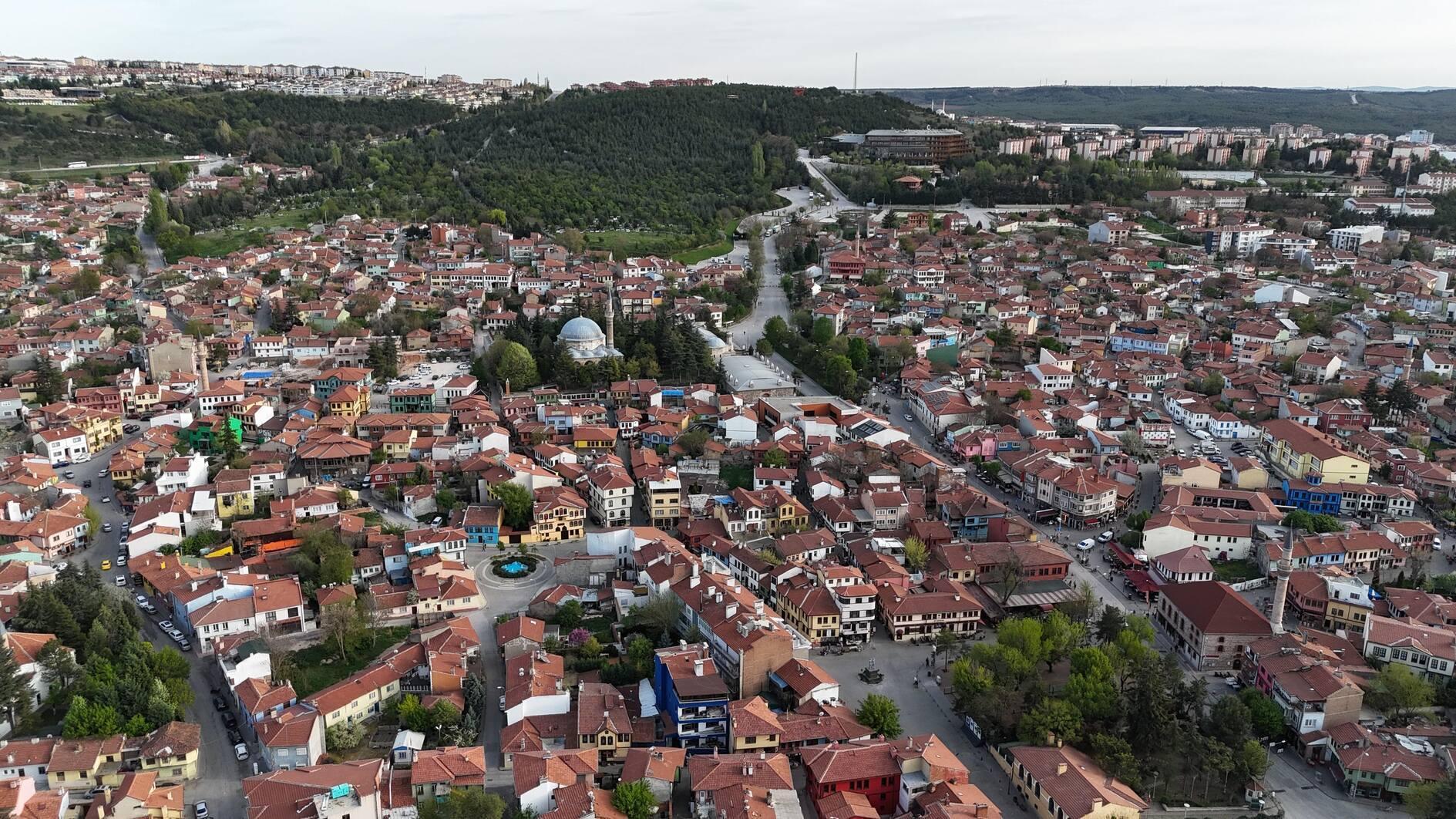Iraqi Kurds say meeting schedule of Baghdad oil export deal
ARBIL - Reuters

REUTERS Photo
Iraq’s Kurdistan region said on March 9 it was on track to keep its side of an oil export deal reached with the federal government in December and urged Baghdad to uphold its own end of the bargain.By the end of February, the autonomous region had supplied almost 97 percent of the crude oil it agreed to hand over to Iraq’s State Oil Marketing Organization (SOMO) according to the timetable, a regional government statement.
“The KRG (Kurdistan Regional Government) in turn expects the federal government to honor its obligations under the budget law and to provide the KRG with its legal monthly entitlement to its share of the budget, including the agreed special allocation of funds for the peshmerga forces,” the statement read. The peshmerga are the Kurdish regional armed forces.
Baghdad cut budget payments to the Kurds in January 2014 as punishment for their attempts to export oil independently, plunging the autonomous region into economic crisis and forcing it to seek loans at home and abroad.
Under the December deal, the Kurds committed to export an average of 550,000 barrels per day (bpd) through SOMO at the Turkish port of Ceyhan in return for the reinstatement of budget payments in 2015.
The agreement was hailed as a breakthrough that would help Iraq increase oil exports at a time when revenues are strained by low global prices and the cost of financing a war against Islamic State of Iraq and the Levant (ISIL) insurgents in the north and west.
But the deal has already showed signs of strain. So far this year, Baghdad, which is suffering a financial crisis of its own, has paid only a fraction of the Kurds’ budget share, arguing that the oil shipped did not nearly match the expected volumes, and it had been forced to reduce expenditure across the board.
The Kurds in turn blamed outages in neighboring Turkey and technical issues at the Kirkuk oilfields for a shortfall in January, but said this would be made up.
















